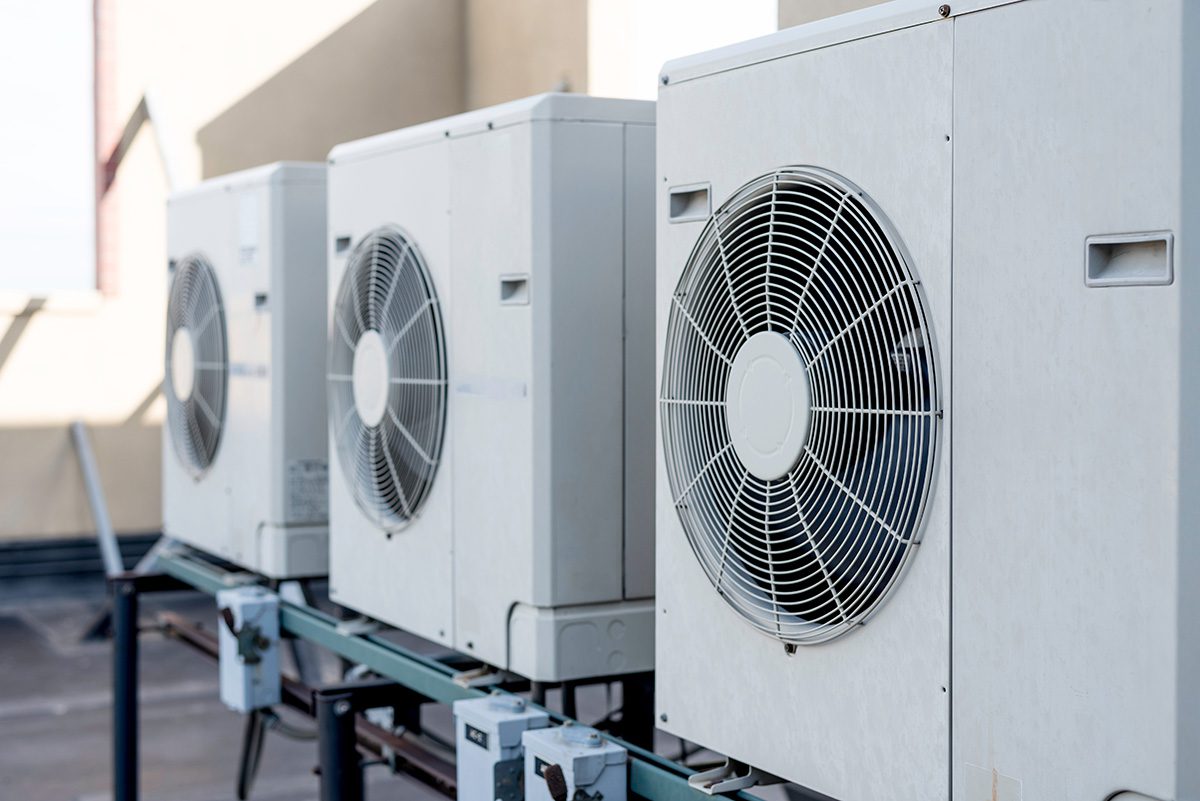Pros & Cons of Ductless HVAC for Commercial Buildings
Ductless HVAC systems are becoming more and more popular in commercial buildings. But are they the right choice for your business? To find out, we’ve broken down the pros and cons of ductless HVAC systems and help you decide if they are right for you.
Here are some advantages…
Ductless HVAC Advantages
Ductless HVAC Installation
Think about installing a whole traditional, ducted HVAC system in a building. The operative word is “ducted.”
If a building doesn’t have ducts or has old ducts that need to be replaced, it can be a lot more complicated and costly to install an HVAC system. With a ductless system, no ductwork is required (hence the name), so installation is quick and easy.
Additionally, individual units can be installed in separate rooms or areas of the building, allowing for better control over the temperature in different parts of the building. Units can be wall-mounted, ceiling-mounted, or floor-mounted, making them easier to fit into any space.
Efficiency and Operational Advantages of Ductless HVAC
Ductless HVAC systems are more energy-efficient, as they don’t lose energy in the air transmission process. Additionally, they can reduce the cost of cooling a space by up to 30 percent because there is no duct temperature loss.
These systems are quieter than other systems and offer improved air filtration capabilities than other systems. They sound great, but there are some disadvantages to ductless HVAC.
Ductless HVAC Disadvantages
Cost of Ductless Systems
Ductless systems are more expensive to install than traditional ducted systems, whether or not you’re replacing an existing ducted system or installing a mini split.
Though the costs may be higher upfront, it is possible that the energy savings over time could help recoup the cost.
Ductless HVAC Maintenance
Ductless HVAC systems require a bit more maintenance than traditional systems, like regular filter changes or cleaning of the system components. Individual units can be difficult to reach for cleaning and maintenance purposes, which causes frustration for some.
If one individual unit fails, it may need to be replaced, whereas ducted systems have many individual components that can be replaced.
Aesthetics and Operations
While ducted HVAC systems can be unsightly, they are usually in a utility room, outside, or in basements or attics. Ductless HVAC systems are mounted to ceilings, floors, or walls; some people don’t like the bulky look.
Operationally, they can provide a different level of air movement than other systems and may not be able to cool or heat large areas effectively. These units are not appropriate for very cold climates because of their limited heating capabilities.
Is a Ductless HVAC System Right for You?
Ultimately, deciding to install a ductless HVAC system for your commercial building depends on your needs and budget. While they can provide energy savings and more precise temperature control, they may not be the right fit for every business.
Consider the pros and cons carefully before making a decision. Ductless HVAC systems can be an effective solution for many businesses with the right system and proper maintenance. Do you have questions, give us a call!


